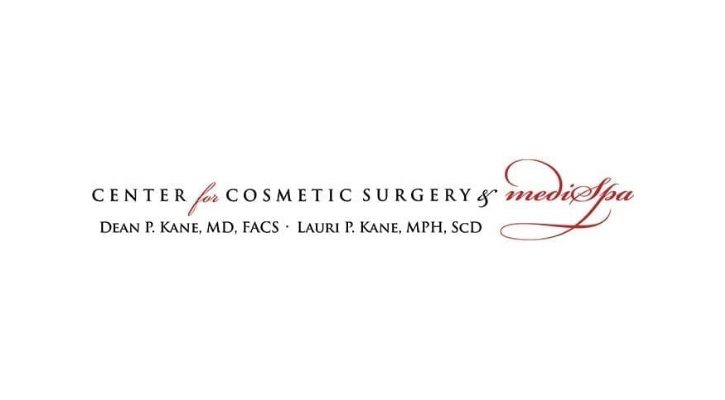First placed in 1962, the silicone breast implant is now in approximately 1 of 26 American women or 4% of the US female population. This includes almost 4.8 million breast augmentations, mastectomy and congenital implant procedures since 1997 in the US and over 10 million patients worldwide. The Food and Drug Association (FDA) has required increasing amounts of follow-up data on the use of these implants which have gone through 5 different generations of technical advancement. There are 550,000 breast implants placed per year in US. All breast implants have either a smooth or textured silicone shell.
It is in a miniscule of textured implants that a rare T-cell lymphoma tumor called Breast Implant Associated – Anaplastic Large Cell Lymphoma (BIA-ALCL) has been found on the scar lining around the implant. T-cells are one of the natural and normal white blood cell guardians who identify and isolate or destroy foreign bodies providing the body’s immune protection. Lymphonas are usually found in the lymphatic system such as the lymph nodes of the groin, abdomen, chest and neck.
There are 1400 ALCLymphomas diagnosed yearly. In January 2011, the agency identified a tiny sub-population of 126 patients in the US with implants who developed a unusual tumor of the implant capsule made of T-cells.
Most recently, on March 21st, 2017, the FDA provided an update on BIA-ALCL as a rare T-cell lymphoma that can develop in the scar pocket which develops years following breast implant placement. As ALCL is a tiny niche of T-cell lymphomas, BIA-ALCL outside this system is most unusual.
To be repetitious, the FDA has identified a tiny risk of an unusual T-cell lymphoma in the scar pocket also called the capsule of breast implants. This BIA-ALCL is very rare and not particularly aggressive if found early and the capsule is removed. .
- The FDA continues to believe that implants are safe and effective. That has not changed as a result of this update.
- The FDA reminds patients that ALCL “is not breast cancer,” and “implants do not cause breast cancer.”
- The reader should be reminded that concerns regarding breast cancer diagnosis and added risk of breast cancer are no greater with the use of silicone breast implants than without.
Implant leakage, benign and natural inflammatory changes or BIA-ALCL may be suspected in patients with:
- Breast implants with textured surfaces. BIA-ALCL is not associated with smooth gel or smooth saline implants.
- Implant placement of 20 years and more
- Sudden but late on-set formation of seroma or liquid in the breast capsule
- Sudden capsule tightening, asymmetry or pain
Should these occur, a diagnosis requires the patient to be evaluated by an appropriate specialist and the seroma fluid and a capsule biopsy be collected for pathologic testing. In all cases, a capsulectomy and exchange of implant are indicated.
If BIA-ALCL is found in the collection of these tissues, an individualized treatment plan is developed by a oncologic team adding chemotherapy and radiation if required.
Breast implants remain safe, without any of the above symptoms, the FDA does not recommend prophylactic breast implant and / or capsule removal.
Reference: Plastic Surgery News: April/May 2017
This information is not meant as medical advice. It is provided solely for education. Our practice would be pleased to discuss your unique circumstances and needs as they relate to these topics.
Give us a call at 410.602.3322 or email Lauri@DrDeanKane.com and make an appointment soon. We’re located on Reservoir Circle just a block off the Baltimore beltway, convenient to greater Baltimore, Annapolis, the Eastern Shore, Southern Pennsylvania, Delaware and Carroll County.



